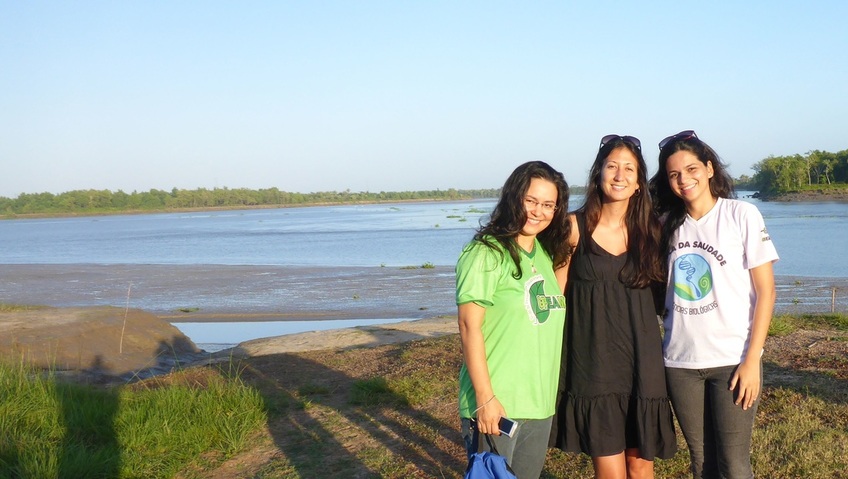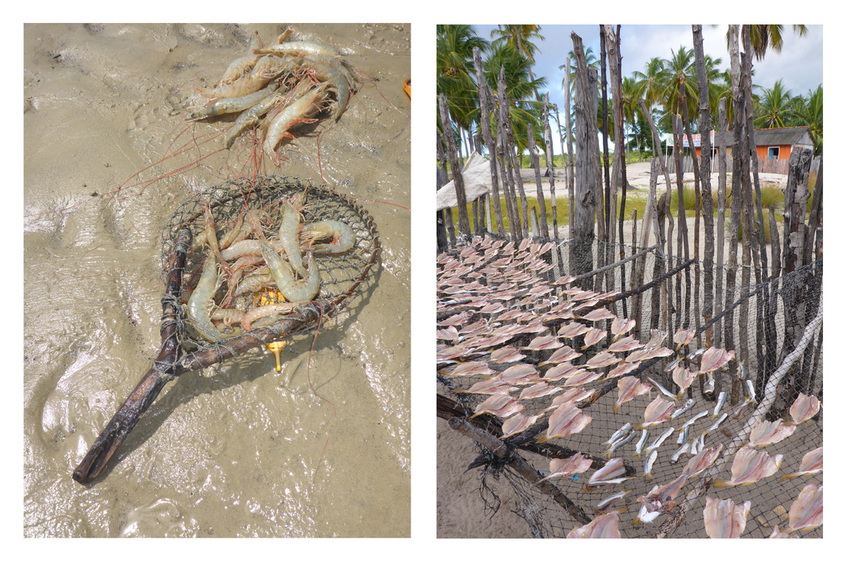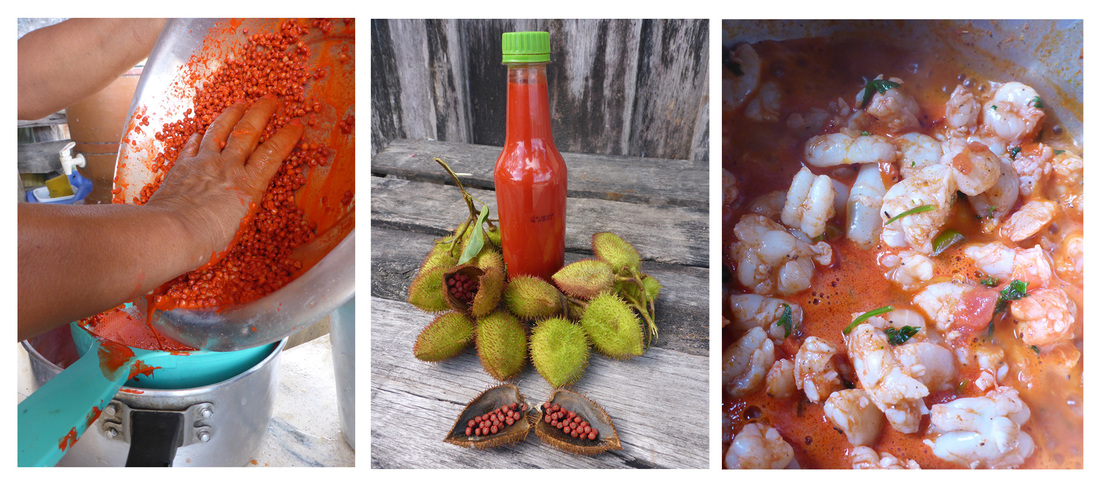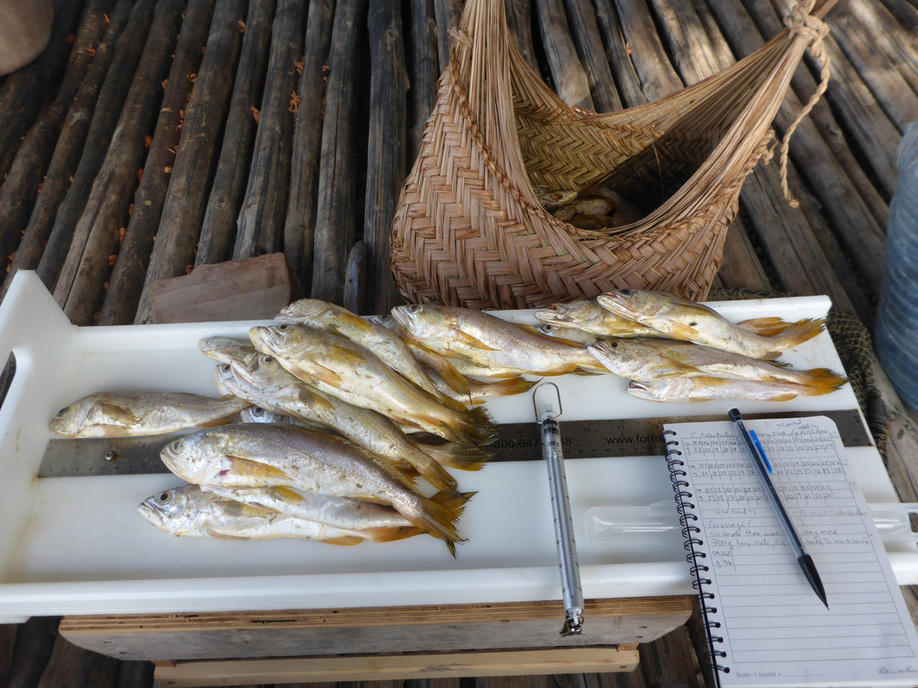Emily Y. Horton
|
Trained in cultural and ecological anthropology, I specialize in the human dimensions of environmental governance and conservation. My current doctoral research explores the socioecological dimensions of small-scale fisheries governance in a marine protected area in Northeastern Brazil. I draw from the social sciences, natural sciences (fish sampling), and visual arts (photography), to understand how environmental governance intersects with considerations of: wellbeing, sustainability, food security, livelihoods, social justice, gender, diverse economies, and knowledge systems. Within the context of research and environmental governance discussions, I highly value the recognition of different "ways of knowing" and worldviews (i.e. epistemological and ontological pluralism). Fieldwork (2016 - 2017) was carried out with support from the Fulbright U.S. Scholar Program, local fishing communities, my host university Universidade Estadual do Maranhão, the Brazilian conservation agency ICMBio, and a crowdfunded Kickstarter grant. Over the past 15 years, I've held diverse socioenvironmental positions in the academic, non-profit, and governmental sectors in North and South America (Brazil and Paraguay). These experiences have shaped my professional vision: to do collaborative, interdisciplinary, and inclusive research, outreach, policy, and education activities that bring together diverse actors to creatively address cross-scalar socioecological challenges. Of Note:
|
Contact EmilyE-mail: [email protected]
Departmental website: Here ICON/CICR website: Here Personal website: emilyyhorton.weebly.com |
Current Research in Maranhão, Brazil
My research centers on environmental governance and "zangaria" (pictured below), a type of small-scale fishing that plays an important role in many residents' well-being, particularly in terms of food security and livelihoods. As part of this, I'm studying the potential impacts of a seasonal zangaria fishing ban on local wellbeing.
Similar to global trends in fisheries, laboral roles can be highly gendered in the area I work, with women commonly preparing food. I'm interested in studying potential fishing-ban impacts upon residents' wellbeing and examining to what degree these impacts appear mediated by gender, particularly in terms of food security. Women also commonly cultivate plants used for subsistence, medicinal, and commercial purposes. Above, the liquid from urucu seeds (Bixa orellana) is being extracted for culinary use.
One component of my research incorporates fish sampling, along with ethnoecological interviews, to understand how the fishing ban aligns with the temporal ecological patterns of species identified as important by local and governmental actors.




